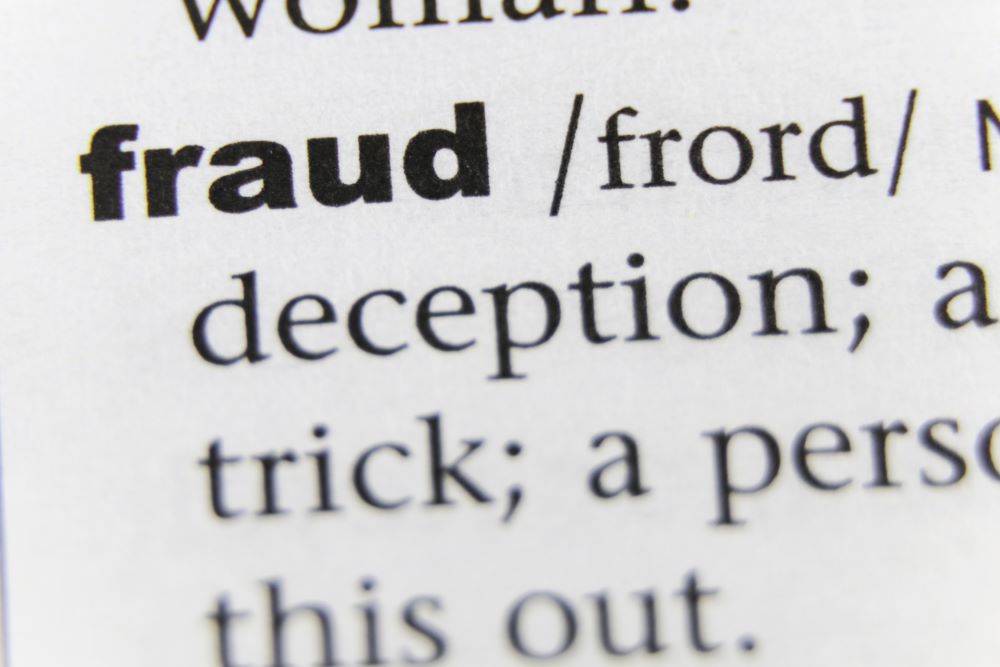June 22, 2022
2022 Fraud Concealment Trends
Fraud is a persistent risk that many business owners and executives need to manage. The unfortunate reality is that employees, vendors, or suppliers, may successfully commit fraud without proper prevention controls. Even then, many organizations have fallen victim to bad actors due to the ability to circumvent or compromise detection. This is especially true when it comes to fraud involving long-time employees or senior executives. At the same time, schemes are becoming more sophisticated to keep pace with changing financial trends, including cryptocurrency. According to the ACFE Occupational Fraud 2022: Report to the Nations, bribery, kickbacks, and conversion of misappropriated assets were the most commonly reported crypto fraud schemes. This new trend reflects the importance of maintaining and updating a robust fraud prevention program.
Making meaningful updates not only requires an understanding of the latest schemes but also the details behind the numbers. For example, since the average duration of most fraud is 12 months or longer, it is likely that one, or more, fraud concealment activities are occurring. In fact, most fraudsters will either conceal the activity or create fraudulent evidence to avoid detection. This is certainly important information to have when updating prevention programs. To help clients, prospects, and others, Wilson Lewis has provided a summary of the key details below.
Fraud Concealment Trends
- Top Concealment Methods – It was found that 39% of cases found illegal activities were concealed through the creation of fraudulent physical documents, 32% altered physical documents, 28% creation of fraudulent electronic documents or files, 25% altered electronic documents or files, and 23% either destroyed or withheld physical documents. Surprisingly, 12% of cases involved no concealment efforts at all.
- Evidence Concealment – It was found that 57% of cases examined involved the creation of fraudulent evidence, 52% altered existing evidence, and 37% deleted or destroyed evidence. Concurrently, 38% of cases examined involved concealment of both electronic and physical evidence, while only 22% involved electronic evidence and 18% physical evidence.
- Concealment by Position – Naturally, the higher the position in an organization the greater the access to information, documentation, and other items favorable to concealment. Yet, how does concealment change by position? It was found that 48% of executive-level fraudsters destroyed evidence, while 61% of managers created fraudulent evidence. This means the fraud which occurs at the highest level and is most costly to an organization, is often hidden by the destruction of key documents.
- Cryptocurrency Schemes – As cryptocurrency continues to gain in popularity as an alternative investment option, it has also become a central part of many schemes. It was found that in 48% of cases cryptocurrency was used for bribery or kickback payments, 43% for conversion of misappropriated assets to cryptocurrency, 35% fraud proceeds laundered using cryptocurrency, and 17% the manipulation of reported crypto assets on the financial statements.
- Pandemic Impact on Fraud – The seismic changes brought about by the pandemic opened the door to the potential for increased fraudulent activities. It was found that in 42% of cases staffing changes were a factor, 40% operational process changes, 39% internal control changes, 38% shift to remote work, 31% technology challenges, 30% changes to anti-fraud programs, and 29% supply chain disruptions. It will be interesting to learn how fraud is impacted as companies “return to normal” in next year’s findings.
Contact Us
Fraud is a constant threat to every Atlanta business and organization. Developing fraud prevention controls and techniques based on the latest trends, including those discussed above, will help to reduce the likelihood of unwanted incidents from occurring. At the very least, it should reduce the detection time. If you have questions about the information outlined above or need assistance with a fraud matter, Wilson Lewis can help. For additional information call 770-4766-1004 or click here to contact us. We look forward to speaking with you soon.

